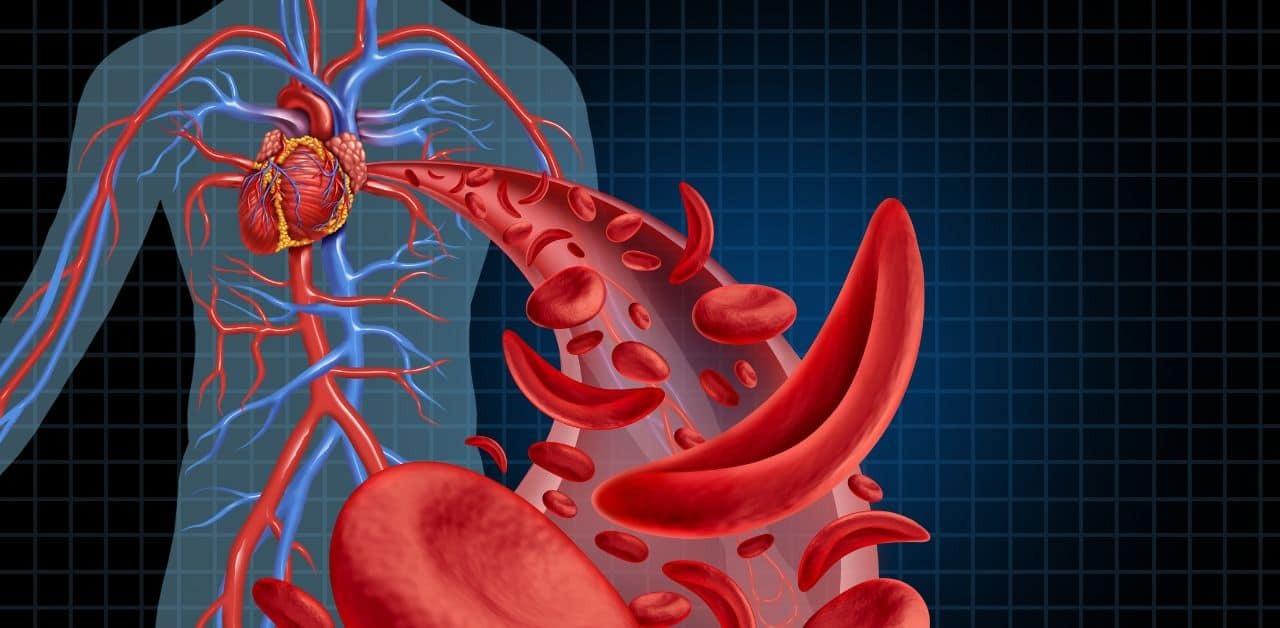Modifiable Lifestyle Factors for Better Health
Learn how to make lifestyle changes even when you feel overwhelmed with responsibilities and life!
Modifiable Lifestyle Factors
Your daily choices shape your hormones, energy, metabolism, and long-term health. Explore the key lifestyle factors that influence unexplained fatigue, weight gain, stress levels, and hormonal imbalances. Discover root-cause, functional medicine strategies to help you build habits that support metabolic resilience, hormone balance, and longevity—so you can thrive, not just survive.
How YOUR Health Can Benefit when you Change Lifestyle Factors
Lifestyle factor changes to radically improve your health.
Brain Function
There is a strong link between mental health and lifestyle factors. Studies have focused on demonstrating the neurological correlations between aerobic exercise and brain health. Healthy Nutrient-dense diet has a strong correlation with brain health. And good sleep is vital for your brain.
Improved Energy
Your energy levels are a barometer for your health. Tired and sluggish no matter what your biological age is a sign of dysfunction and inflammation. As functional medicine experts, it is our specialty to unearth what is causing your dysfunction and this always includes lifestyle factors.
Better Metabolism
When you can better convert your food into energy and rid your body of waste products, you are going to have a more efficient metabolism that will help you lose unwanted pounds and clearer skin. Regular exercise increases muscle mass and helps you to increase your metabolism.
Implement Lifestyle Factors for Increased Vitality
Articles covering topics from stress management to exercise. Modifiable Lifestyle factors are fundamental to your health. A wellness program must incorporate lifestyle change for long term sustainable change.
- Alcohol consumption and your Immune system
- Morning routine and your health
- Hydration and greater energy and better health
The Full Rundown On Functional Medicine Lifestyle Factors
As a busy professional, you know the importance of taking care of yourself for greater energy, focus and creativity. But do you do it? You may feel too stressed just keeping up with your daily task list that likely involves work, family dinners, after school sports schedules, and so forth. It is a never ending daily grind of just managing your life.
So how to change this grind, to fit in lifestyle factors for greater health?
First it requires a decision to do just this. Put yourself into your schedule and your daily care. It is not necessarily practical to radically overhaul your life when you have a family, career and a long list of daily to-dos.
Start with 30 minutes per day for yourself. Whether this is early morning and you get up 30 minutes earlier or it is later in the day but find a time that will work most days for you and stick to it. Spend this time exercising or focusing on stress management. You may need to start with putting together a plan so you can stick to a “me” schedule. My time is 4 pm each day but this may not be practical for you. Just pick a time and stick to it.
Here are some of the modifiable lifestyle factors to consider:
1. Diet
A customized diet plan is crucial to improve overall health and vitality. You are what you eat, and what you absorb. A functional medicine practitioner may recommend an elimination diet to identify food sensitivities, an anti-inflammatory diet to reduce inflammation, or a low glycemic-index diet to stabilize blood sugar levels. The type of diet plan depends on your individual health history, lab tests, and lifestyle.
2. Exercise
Physical activity is essential for maintaining a healthy weight, strengthening muscles and bones, and reducing the risk of chronic diseases. However, not all exercises are created equal, and a functional medicine practitioner will consider the type, frequency, and intensity of exercise. For example, if someone has adrenal fatigue or hormone imbalances, high-intensity exercise may be counterproductive. In contrast, yoga, Pilates, or walking may be more suitable to reduce stress and improve mobility.
3. Sleep
Sleep is the foundation of optimal health, as it allows the body to rest, repair, and rejuvenate. However, many people struggle with insomnia or poor quality sleep due to stress, hormone imbalances, or environmental factors. A functional medicine practitioner will explore the individual’s sleep hygiene habits, such as creating a bedtime routine, reducing exposure to screens, and optimizing the sleep environment. Moreover, they may recommend supplements or herbs to help regulate the sleep-wake cycle.
4. Stress Management
Stress is a fundamental part of everyone’s lives today and can contribute to various physical and mental health conditions. Functional medicine prioritizes stress management strategies as part of their wellness programs. This may include mindfulness meditation, deep breathing exercises, biofeedback, or other relaxation techniques. Additionally, they may recommend adaptogenic herbs or supplements to support the adrenal glands and nervous system.
5. Environmental toxins:
Environmental toxins are pervasive in our daily lives, including air pollution, pesticides, forever plastics, and heavy metals. These toxins can contribute to chronic inflammation, hormone imbalances, and neurological disorders. A functional medicine practitioner will consider the individual’s exposure to toxins and recommend lifestyle modifications to reduce the risk. This may include using natural cleaning products, filtering drinking water, or incorporating detoxifying foods and supplements.
Choose 2-3 things that you think might work for you. Start practicing them consistently so you can show up with more confidence!
There are simple practices that require little time or resources such as a daily gratitude practice.
Get outside daily and enjoy the morning sunlight even for a few minutes per day.
Inspiring You To Implement Lifestyle Factors for better Health
Whether improving your sleep schedule, implementing a new exercise routine, or a daily meditation process, whatever life changes you choose to make is going to have a positive impact on your life.
25 Easy Lifestyle Tips for a Healthier You
Here are 25 easy lifestyle tips you can implement for a healthier you. Research and studies have shown that lifestyle changes are
Reset your body with a 10-day Cleanse over the Fall
The arrival of Fall on September 23rd marks a time of transformation, renewal, and change. I love this time of
Cardiometabolic Health: Connecting Heart Health to Metabolic Dysfunction
What is cardiometabolic health? A recent study has shown that more than 93% of the US population suffers from a cardiometabolic health
The Powerful Benefits of Red Light Therapy: What You Need
Red light therapy is an innovative, non-invasive approach to enhancing wellness, addressing concerns like pain, inflammation, skin aging, and hair




